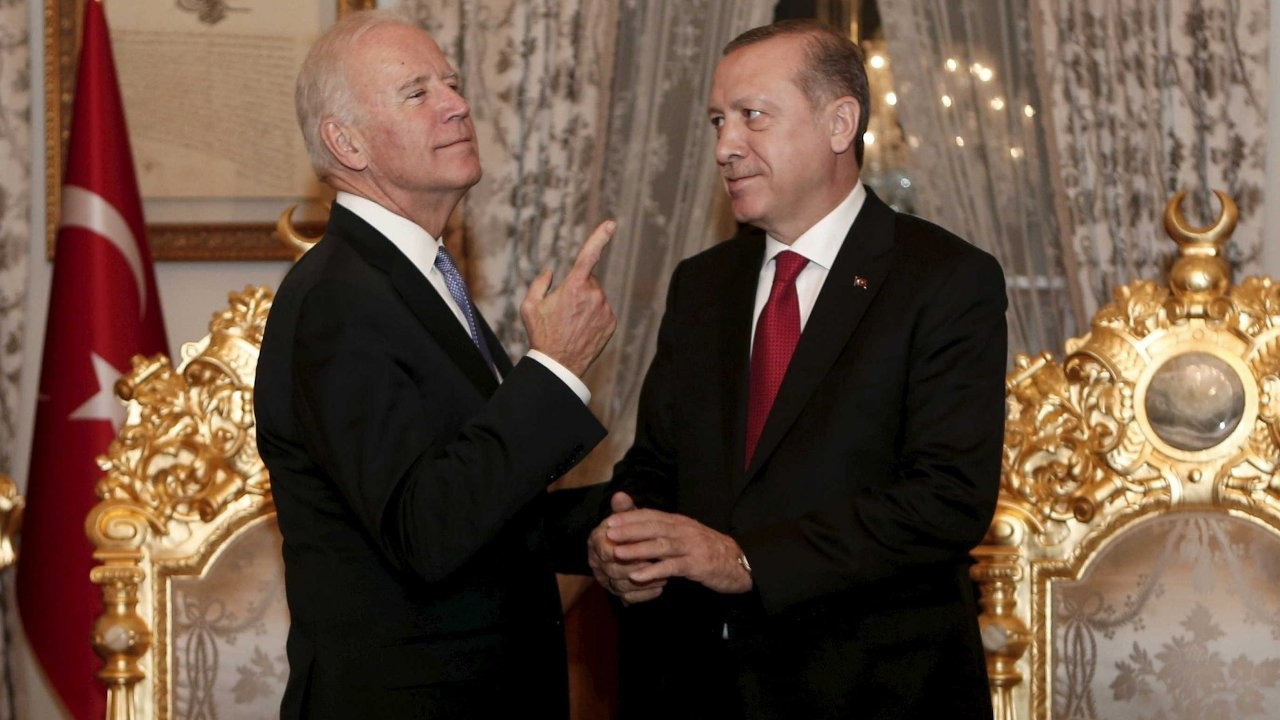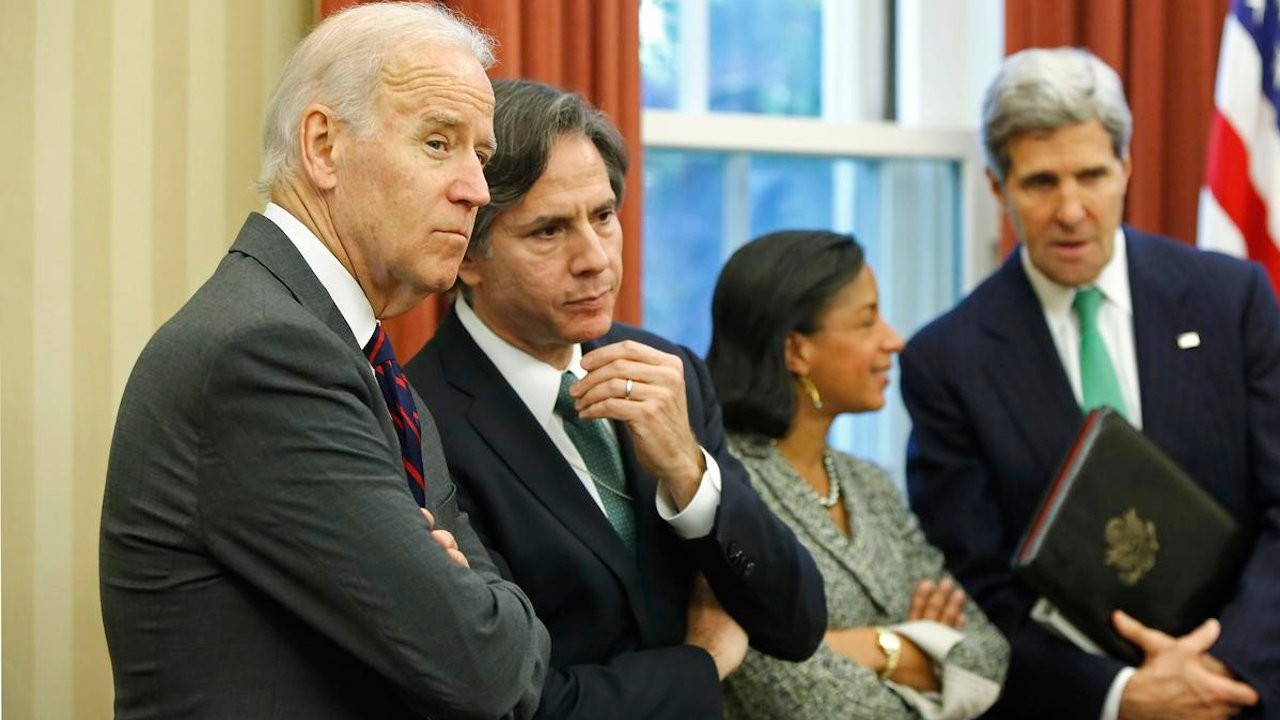Biden administration keeps tough stance on Turkey's S-400 purchase
Pentagon spokesperson John Kirby has said that the United States' stance on Turkey's acquisition of the S-400 missile defense systems has not changed under the new administration. "We urge Turkey not to retain the S-400 system," Kirby said.
Duvar English
U.S. President Joe Biden's administration is maintaining the previous administration’s tough line against NATO member Turkey’s purchase of the Russian S-400 missile defense systems.
"Our position has not changed," Pentagon spokesman John Kirby said at a briefing on Feb. 5. "We urge Turkey not to retain the S-400 system."
Turkey bought the S-400 systems from Russia in 2019 after failing to agree on terms with the United States on the purchase of U.S. Patriots, the air defense system of choice for most NATO member states.
The purchase strained ties between Washington and Ankara and prompted U.S. warnings that such military cooperation with Moscow was incompatible with NATO. The United States also warned that it would endanger the security of U.S. military technology and personnel as well as that of Turkey.
After Turkey moved ahead with the purchase, the United States suspended its participation in the F-35 Joint Strike Fighter program while it continued to negotiate with Ankara.
Turkey further angered the United States in October 2020 by testing the Russian-made system. The Pentagon said at the time that the test risked serious consequences for the U.S.-Turkish relationship, and the State Department said the test was unacceptable and a “clear step in the wrong direction.”
Turkish President Recep Tayyip Erdoğan said then that the tests would continue without Ankara asking Washington for permission.
In December 2020, the United States announced sanctions, including a ban on all U.S. export licenses to the Presidency of Defense Industries (SSB) as well as an asset freeze on its president, İsmail Demir, its vice president, and two employees.
Russia called the sanctions another example of "illegitimate, unilateral coercive measures" by the United States.
“Turkey is a long-standing and valued NATO ally, but their decision to purchase the S-400 is inconsistent with Turkey's commitments as a U.S. and NATO ally," Kirby said.
Turkey has had multiple opportunities over the last decade to purchase the U.S. Patriot system and instead chose to purchase the S-400, “which provides Russia revenue, access, and influence," he said.
Erdoğan had expressed hope in January of reaching a compromise with Biden that would allow Ankara to be reintegrated into the F-35 fighter jet program, but contacts between the new American administration and Turkey have been limited.
While Ankara said earlier this week that Turkish presidential spokesman İbrahim Kalın and U.S. national-security adviser Jake Sullivan had expressed wishes for greater cooperation, Biden has not yet spoken with Erdoğan since becoming president.

 Former US envoy Jeffrey does not expect improvement of ties with Turkey under Biden administrationDiplomacy
Former US envoy Jeffrey does not expect improvement of ties with Turkey under Biden administrationDiplomacy Turkey's acquisition of S-400s not acceptable: US secretary of state nominee BlinkenDiplomacy
Turkey's acquisition of S-400s not acceptable: US secretary of state nominee BlinkenDiplomacy Turkey says turning back on S-400s 'problematic,' seeks US dialogueDiplomacy
Turkey says turning back on S-400s 'problematic,' seeks US dialogueDiplomacy